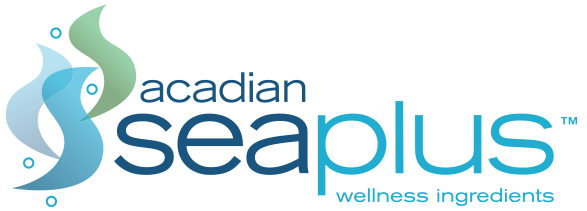Consumers are developing a healthy appetite for organic food. In 2018 alone, the U.S. organic market reached $52.5 billion, showing that people are more than willing to pay for food that is free of chemicals and synthetic-additives.
Yet some in the food and nutraceutical industries are still hesitant to go organic, worrying about replacing reliable artificial ingredients with organic substitutes. In fact, Kraft Heinz Co. didn’t announce the organic reformulation of their classic mac and cheese until they were certain consumers couldn’t taste the change.
As companies explore their options, they’re finding that scientific studies and anecdotal evidence are pointing to seaweed species as high-value ingredients. Here are the benefits of seaweed that make the shift to organic food processing both painless and profitable:
Rich in Nutrients, Minerals, and Trace Elements
Among all the diverse seaweed species found in coastal waters worldwide, a multitude are rich in various combinations of nutrients, minerals, and trace elements that are crucial to human health and wellbeing. Laminaria digitate is abundant in Iodine, which cultivates thyroid health. Ascophyllum nodosum and Fucus vesiculosis are rich in potassium and magnesium, which both contribute to healthy blood regulation and neural activity.
That’s just a small sample. Depending on the desired nutritional palette of your product, there’s likely a seaweed to suit your need. Just remember to evaluate the ways in which your marine plant provider processes their seaweed. Is it solar and/or wind dried? If not, harsh processing practices might reduce the full nutritional value of the seaweed.
Rich in Prebiotics
As more consumers think about probiotics as part of their diets, prebiotics are also getting more attention. Probiotics consume dietary-fiber-rich prebiotics that the human body doesn’t use and can find a readily available, water-soluble source in seaweeds. Though human studies are still limited, the results on numerous animal studies have shown that prebiotic-rich seaweed contributes encourages the growth of healthy gut bacteria, limits harmful bacteria, and enhances immune response.
Potential Gelling Components
Choosing a thickener, emulsifier, or gelling agent that is both cost-effective and organic certified can be an interesting challenge. Certain types of seaweed are gaining recognition for their ability to fulfill both requirements. Species that contain a high amount of Furcellaran (a polysaccharide) are perfect for your water-gelling and milk-gelling needs. If you purchase seaweed from the right natural seaweed company, you can ensure that your gelling agent remains organic certified throughout the entire manufacturing process.
Want to explore how organic-certified seaweed can enhance your products while maintaining your organic food processing certification? Let’s discuss the benefits for your business in person!
